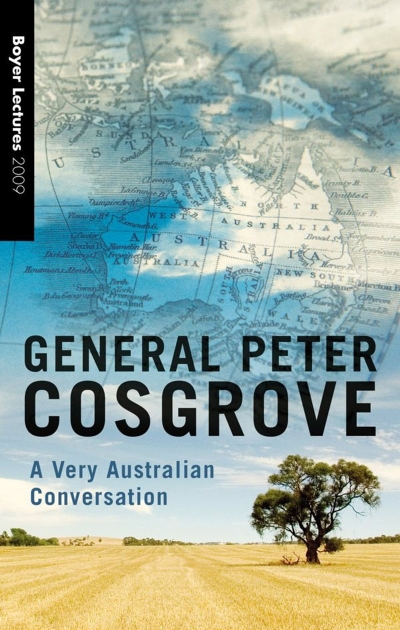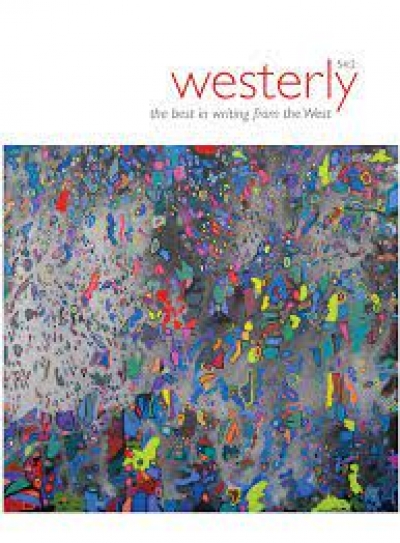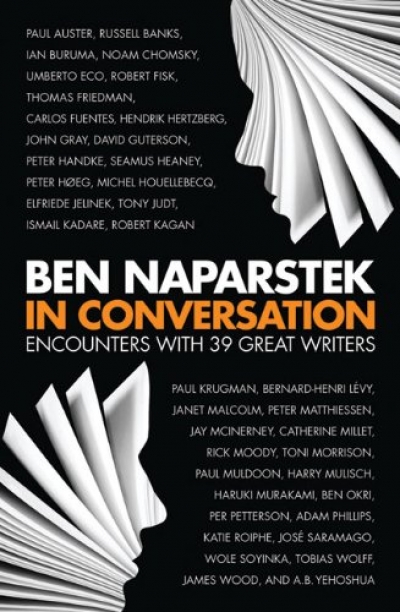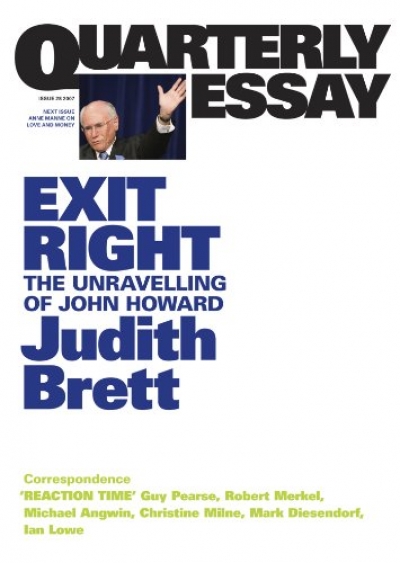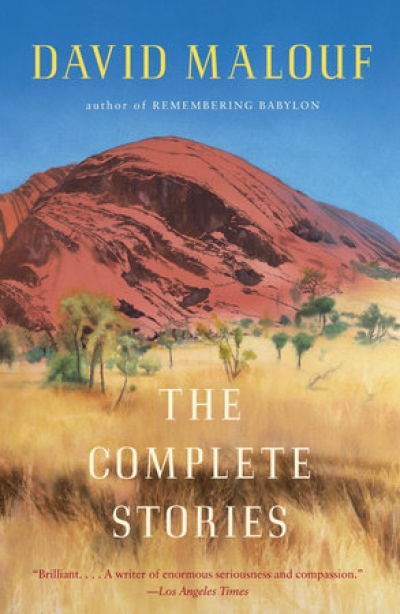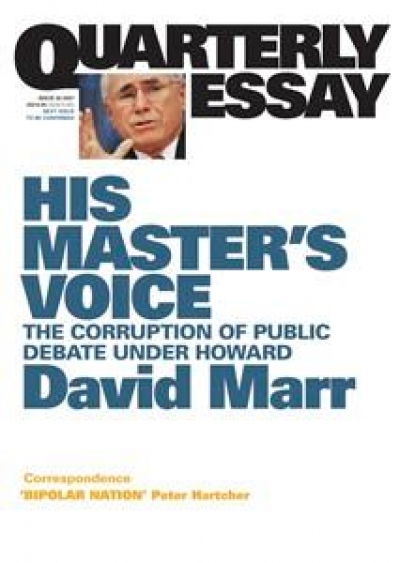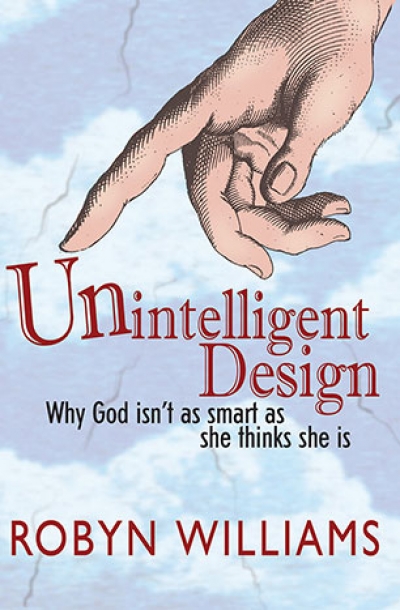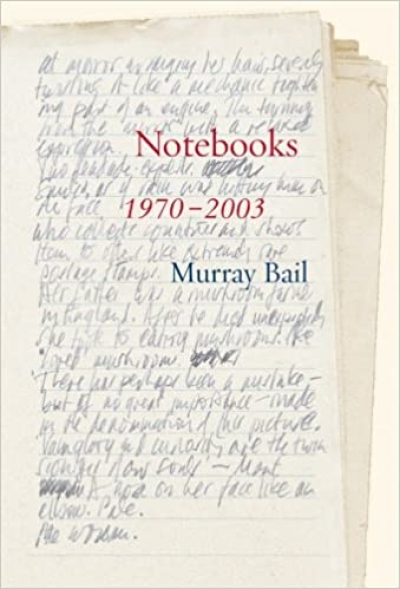Patrick Allington
Boyer Lectures: A very Australian conversation by Peter Cosgrove
by Patrick Allington •
Westerly, Vol. 54, No. 2 edited by Sally Morgan and Blaze Kwaymullina
by Patrick Allington •
In Conversation: Encounters with 39 great writers by Ben Naparstek
by Patrick Allington •
Exit Right by Judith Brett & Poll Dancing by Mungo MacCallum
by Patrick Allington •
His Master’s Voice: The corruption of public debate under Howard (Quarterly Essay 26) by David Marr
by Patrick Allington •
Famous Reporter edited by Ralph Wessman et al. (eds) & Etchings edited by Sabine Hopfer, Christopher Lappas and Patrick Allington
by Georgina Arnott •
Unintelligent Design: Why God isn’t as smart as she thinks she is by Robyn Williams
by Patrick Allington •

